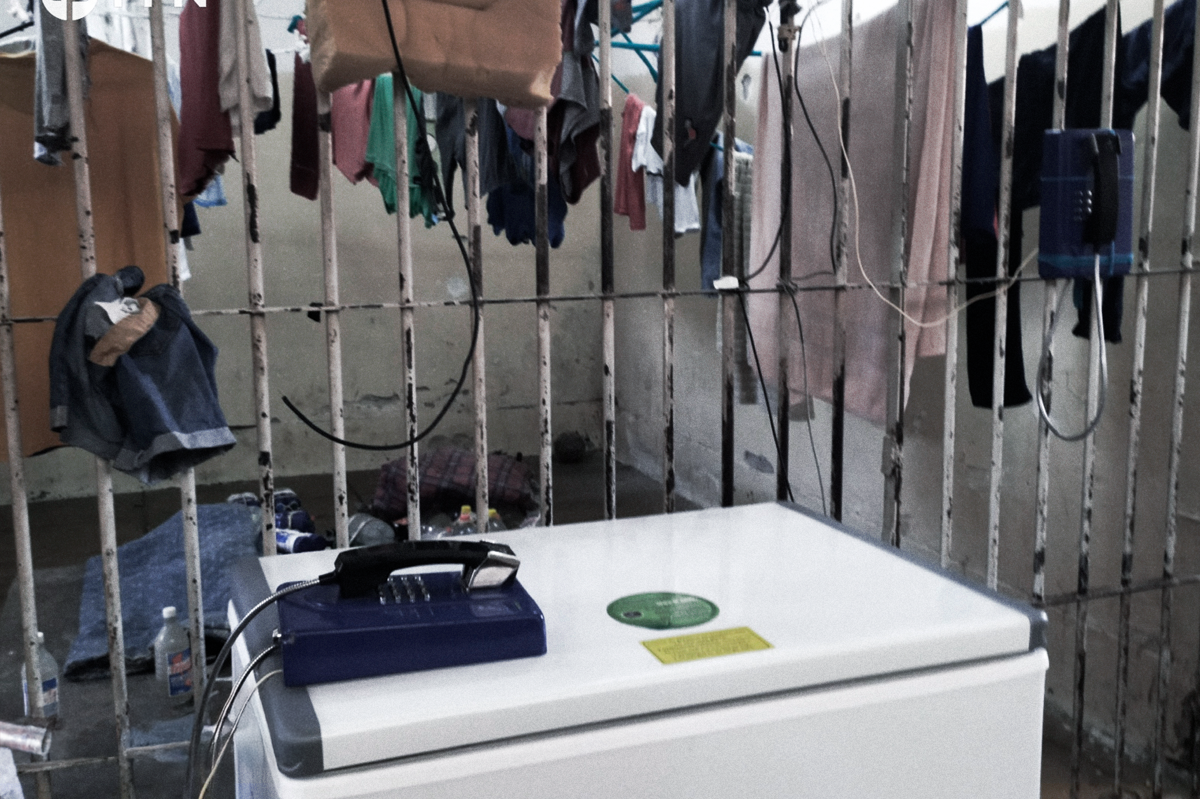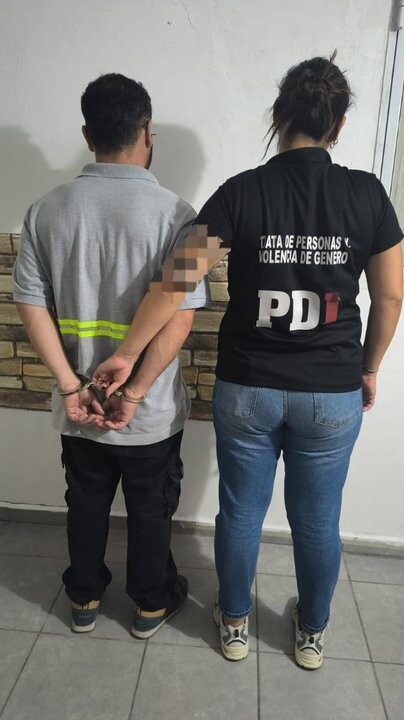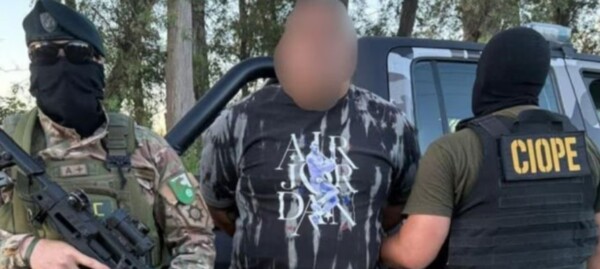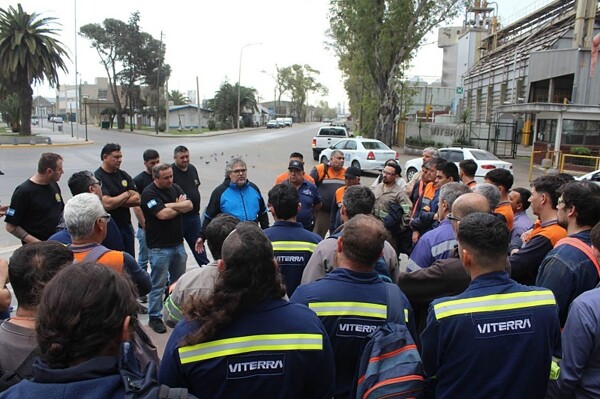
A judicial investigation has uncovered a complex drug trafficking network operating from the federal prison in Resistencia and protected by personnel of the Argentine Naval Prefecture in the city of San Lorenzo. The group managed to operate with impunity thanks to the coverage provided by members of the San Lorenzo Prefecture's Criminal Intelligence and Investigations Delegation. The scheme was exposed when prosecutors detected that reports prepared by that Prefecture department showed an irregular pattern: first they confirmed the existence of drug sales points, and then suddenly reported that drug trafficking had ceased. The main accused, Jehiel Fabián Marino and Ramón Alberto Velázquez, both convicted for drug trafficking, continued running their illicit businesses from prison with external support, while part of the federal force leaked information and hindered investigations. According to the file, the detainees led a hierarchical and family-based organization that maintained control of drug trafficking in San Lorenzo, Granadero Baigorria, Fray Luis Beltrán, and Capitán Bermúdez. The PSA warned in a report that Velázquez's son had become a stable collaborator and maintained contact with Prefecture agents, which confirmed “the generational continuity of the business”. The prosecution described the structure as “a criminal enterprise with vertical hierarchy,” where each member performed precise functions and reported to a single command. According to the prosecutors, Arias maintained frequent contact with Prefecture officers, whom he even invited to meetings at local clubs, where they shared drinks and “family-like” conversations. The criminal scheme also included the direct participation of the leaders' relatives. Authorities maintain that the criminal group not only received institutional protection but also sold sensitive information to other local gangs, consolidating a parallel criminal intelligence system. One of the most revealing episodes comes from a phone call between Marino and his partner, Katerina Requena, where, using code language, they warned of an imminent police raid: —(Requena) Listen. —(Marino) Eh? —(Requena) The rental guy came, who was supposed to come today. —(Marino) Yeah. —(Requena) Well, he told me that the landlord is having trouble with paperwork and all that. It's better that we stay where we are quiet. The investigators interpreted that “the rental guy” was Iván Arias, the group's financial operator, currently at large, while “the real estate” referred to the Prefecture and the PSA, implicated in the cover-up network. In the words of one investigator, “the prison functioned as a real narco call center, with enabled phones, a constant flow of calls, and the complicity of those who were supposed to prevent it.” The case exposes a serious picture of collusion between federal forces and drug trafficking in the Rosario industrial belt area. Communications with their accomplices were made through a landline installed in the pavilion of Penitentiary Unit No. 7 in Resistencia, which allowed to keep the flow of orders and money active. Marino's mother and partner, along with Velázquez's mother, sister, and son, actively participated in the distribution, packaging, and collection of money. Among those implicated are one sub-prefect, three assistants, and one corporal, all currently under judicial investigation. The investigation is led by federal prosecutors Javier Arzubi Calvo, Matías Scilabra, Claudio Kishimoto, and Franco Benetti, under the orbit of federal judge Carlos Vera Barros.













